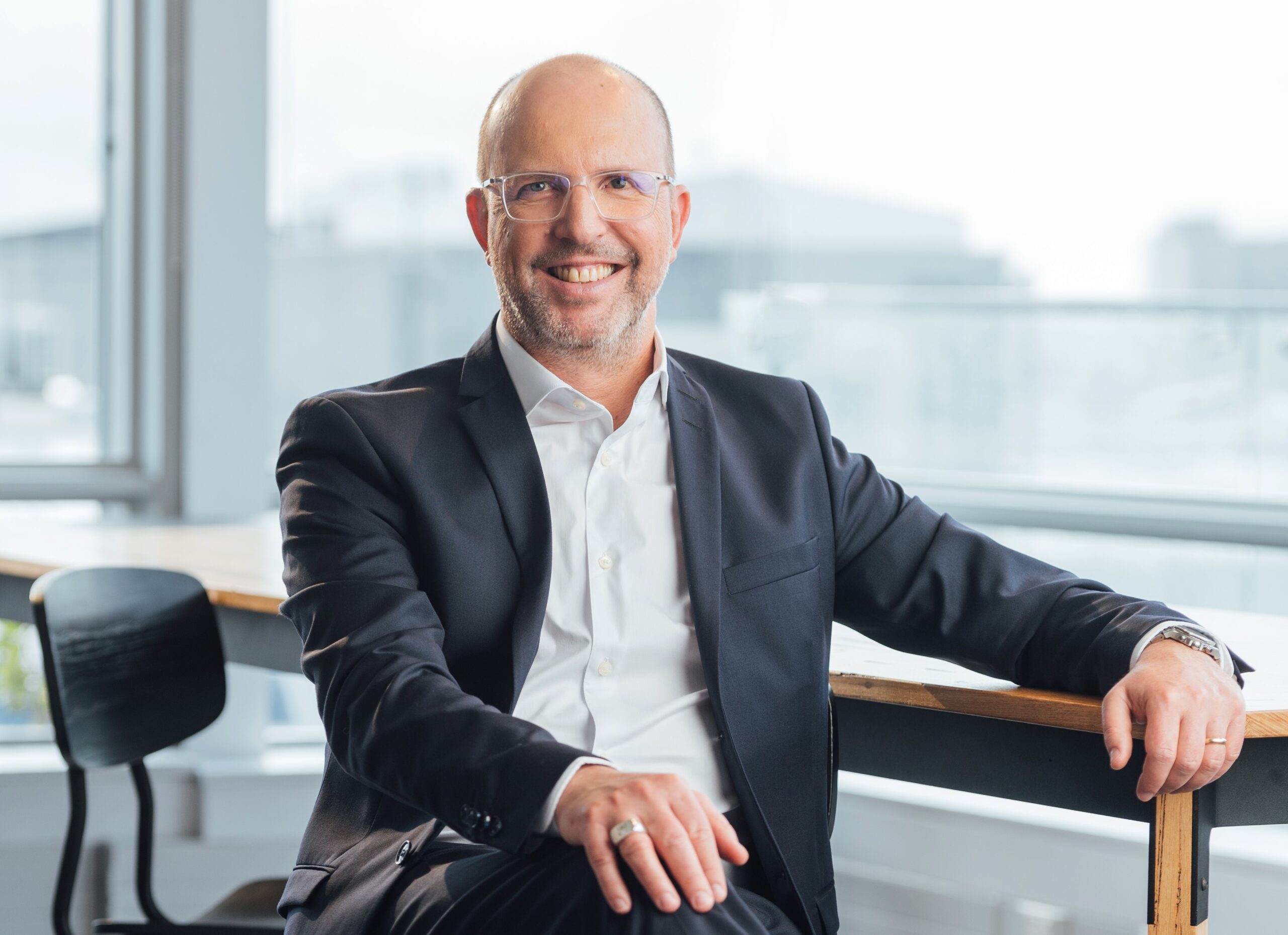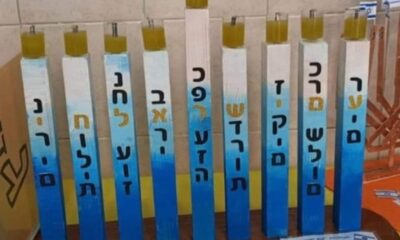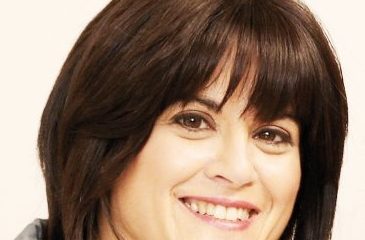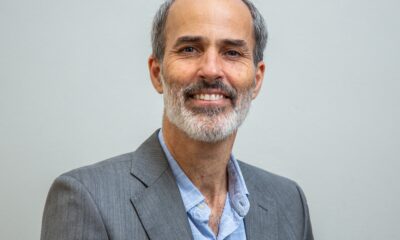
OpEds

Rekindle the flame for better times to come
“Knishes and fishes, and traditional dishes;
Dreidels and teigels and smoked salmon bagels;
Piled high on plates and a family that sing;
These are a few of our favourite things.”
And so we sit down for our dinner. It’s the first night Chanukah.
A single menorah candle flame flickers gently on the window ledge. And we’re all thinking one thing. It’s been a year! It’s still a year!
A year to remember. For all the wrong reasons. And yet, somehow, for all the right ones too. It’s another chapter in the long and hard history of our people.
When we have heard ourselves sometimes described as “the chosen people” many of us, certainly myself, have always asked, “Chosen for what, exactly?”
A positive association or attachment to this statement is often hard for me to fathom on so many levels. Although the Kabbalah does say, “Challenge is your only opportunity for growth.”
With this in mind, there are challenges aplenty which we have been “chosen for” and yet there are few – very few right now – happy and true facts that I’d also like to focus on in this piece. Because it’s ultimately about hope.
And that’s our true DNA as a people. Who we are. We live in hope.
We’re instructed in hope, and that’s why, after 5 748 years, you can read an article in the SA Jewish Report about vibrant Jewish life.
We’re a people who survive. Who endure. Who bear witness.
The very first thing G-d said is, “Let there be light.”
And with this being the Festival of Lights, this will be the theme of the piece. Hope is light. Hope shines a path. Because for all the darkness we’ve faced since the morning of 7 October 2023, there’s still light to draw on.
Every Friday night, when the candles are lit, we usher in the Sabbath. A time of peace, beauty, rest, thanks, gratitude, and family.
A tradition we’ve carried since the earliest days of time. We’ve done this weekly. In most Jewish homes, all around the world. For millennia. Our two neirot which herald the Shabbos.
And for those of us in South Africa, light has been in short supply, literally and figuratively. Rolling blackouts in South Africa have resulted in us battling against up to 50% power outages a day while trying to run our lives and businesses, schools, hospitals, and factories.
It’s been a trying time, these past 16 years since “loadshedding” started, and instead of improvement, we experienced the worst year of loadshedding in 2023 since it was first highlighted as an infrastructural and country risk in 2006. Yet we endure. We smile. We push on.
We invest. In solar, in inverters, in generators, and we continue to contribute meaningfully and disproportionately to our country and its economy. We’re resourceful and industrious. We try make a plan.
I think “making a plan” is just part of the Jewish psyche. Through necessity more than choice.
It wasn’t easy, by any means, for our great-grandparents who arrived here in the 1800s to make a life and a living. But they did.
Many arrived with just their shirts on their backs, and little else. Not speaking a word of English or Afrikaans, but Russian, Polish, and of course, beautiful Yiddish. But the Jews, most noteworthy for helping one another as a community, both through necessity and through choice, managed not only to survive but to thrive. And we still do. In spite of the odds.
A few years ago, at a game farm in the Western Cape, the ranger mentioned how fynbos requires a fire every number of years to release the seeds for it to flourish. To propagate and grow. And in my heart, a sad thought occurred. This is the story of the Jews.
That darn fire we don’t ever want, but which inevitably breaks out, in one form or another, every few decades, and difficult, unwarranted, and heartbreaking as it may be, we hold onto light, we cling to hope, and we somehow find a way of muddling through.
My great-grandfather, David Hillel Kolniak, had a bakery in Lomza, Poland. He’d light the fires early in the morning and start baking his bread. But on a Friday afternoon, before the Sabbath started, the women of the neighbourhood would arrive with their pots of cholent – a traditional stew – and put them in the bakery ovens so that even when the flames burnt out, the warmth of the ovens would continue to cook these meals so that after Shabbat, the food was still warm and ready to eat.
And perhaps that’s where we are now. Many of our flames are out, but the love and warmth of our community, local and global, continues to provide comfort and nourishment for the soul. This warmth hasn’t just come from the Jewish community, but millions of kind, good, generous souls and nations across many religions, who wish to support us through this time of great sadness and threat, all around the world.
In mythology, when Prometheus stole fire from the gods and gave it to man, he was kicked out of heaven. For the gods understood that fire could be used for illumination and to light a path. It could be used for warmth, protection, and the preparation of food.
But they knew it could also be used for terrible things and utter devastation.
This Chanukah, may we be blessed with all the positive aspects of flame. Light. Goodness. Kindness. Understanding. Hope. Warmth. The ability to endure. To survive. To thrive.
And for all our global family who are no longer with us, who have been torn away, we have a saying, “May their memories be for a blessing.” So, when we light our candles this year, may we think of them too, and may their memories be for a blessing for better times.
Chag sameach.
- Mike Abel is the founding partner and executive chairperson of M&C Saatchi Group South Africa.










